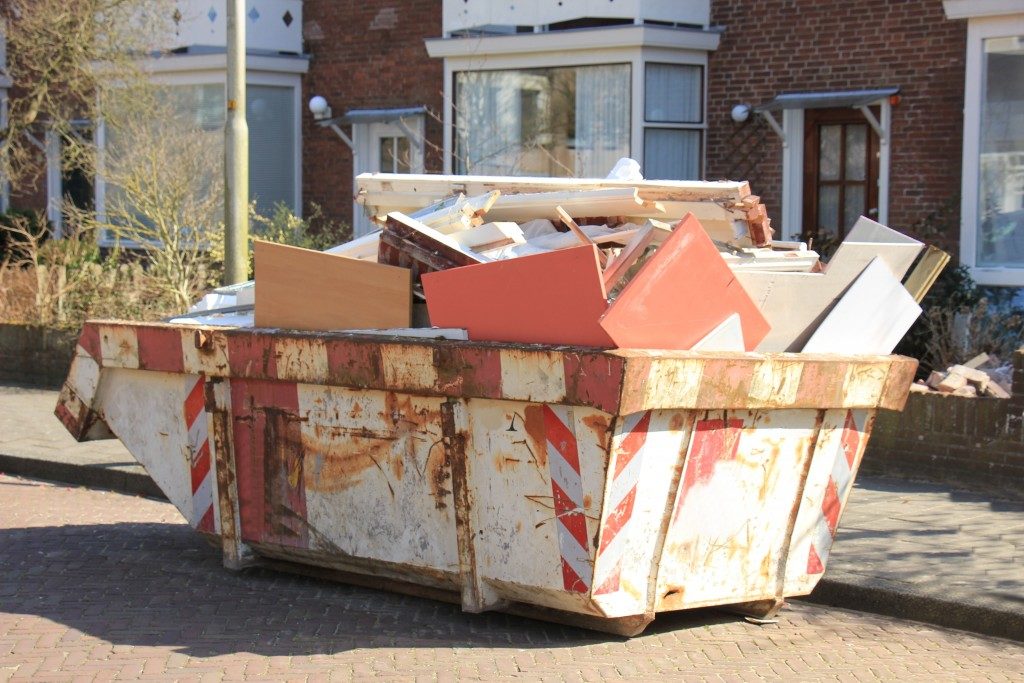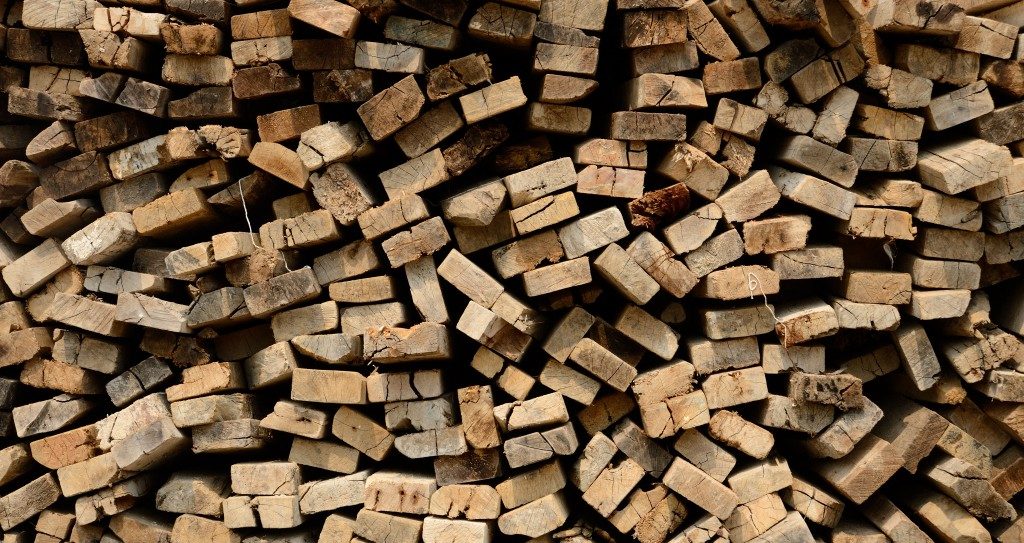Wood is one of the most recyclable materials the planet has to offer but due to its finite nature, it is important to understand its value and protect its source from deforestation. In industries where wood is commonly used, like wood-processing, construction and manufacturing, it is inevitable that scraps and pieces of wood may be rendered unsuitable for further use but can be recycled for other purposes. These wood scraps or waste wood may be in the form of the following:
- Reclaimable wood materials from demolition and construction projects
- Wood pallets and boxes
- Painted, stained or varnished wood
- Plywood, solid softwood or hardwood
- Old fencing, floorboards, windows and doors
In such cases, companies are responsible for making sure that waste wood is collected and recycled properly to minimise their impact on the environment. However, there are also some types of wood waste that cannot be used for recycling, and therefore, should be disposed of properly. These types of wood waste may have contaminants that can be difficult to remove or will not allow production of a quality product out of the wood collected. These contaminants are:
- Metals, such as nails, screw, or brass and aluminium fittings
- Paper, plastic, rubber, foam or fabric
- Glass and putty
- Chemical treatments or stains
Benefits of Recycling Wood Waste

Lessens Environmental Impact
The most important benefit of recycling wood waste is that it creates less impact on nature. Whilst planting new trees may make up for the ones that were cut down, it would take a long time for those trees to grow and mature. By recycling wood waste, less trees may have to be cut down, at the same time, less waste is sent to landfills. As a result, more trees can provide fresh air and that there will also be less air and water pollution.
Reduces Costs
Businesses can significantly reduce costs that may be incurred from landfill disposal and creating products out of raw or virgin materials. Raw materials require energy to extract and process, which makes recycling a more cost-effective option.
Minimise Fire Risks
Wood waste may pose potential danger of causing a fire, even if secured in a safe place. Unforeseen circumstances and unfortunate accidents may occur any time and recycling is a way to prevent such incidents.
Creates New Products
Recycled wood may benefit many other industries. They can be re-purposed to create new products that may be sold to different markets. Below are some of the by-products of recycled wood waste.
- Panel boards or chipboards extensively used in construction and furniture-making; can be sold in sheet form or customised for specific uses
- Animal bedding used in farming and agriculture, for horses, cattle and poultry; also suitable for house pets
- Slides, swing sets and seesaws in parks and recreational areas
- Composting material with high moisture content can be added with dry, shredded chipboard to improve compost quality
- Fuel pellets used in boiler systems
As the planet continues to deal with global warming, companies should take an active role in helping protect and care for its environment. This is where recycling wood waste comes in. If businesses don’t have the means to recycle or dispose of their wood waste, they can hire the services of a waste management solutions provider.





